Risk Guardian - Guided Cybersecurity Analysis
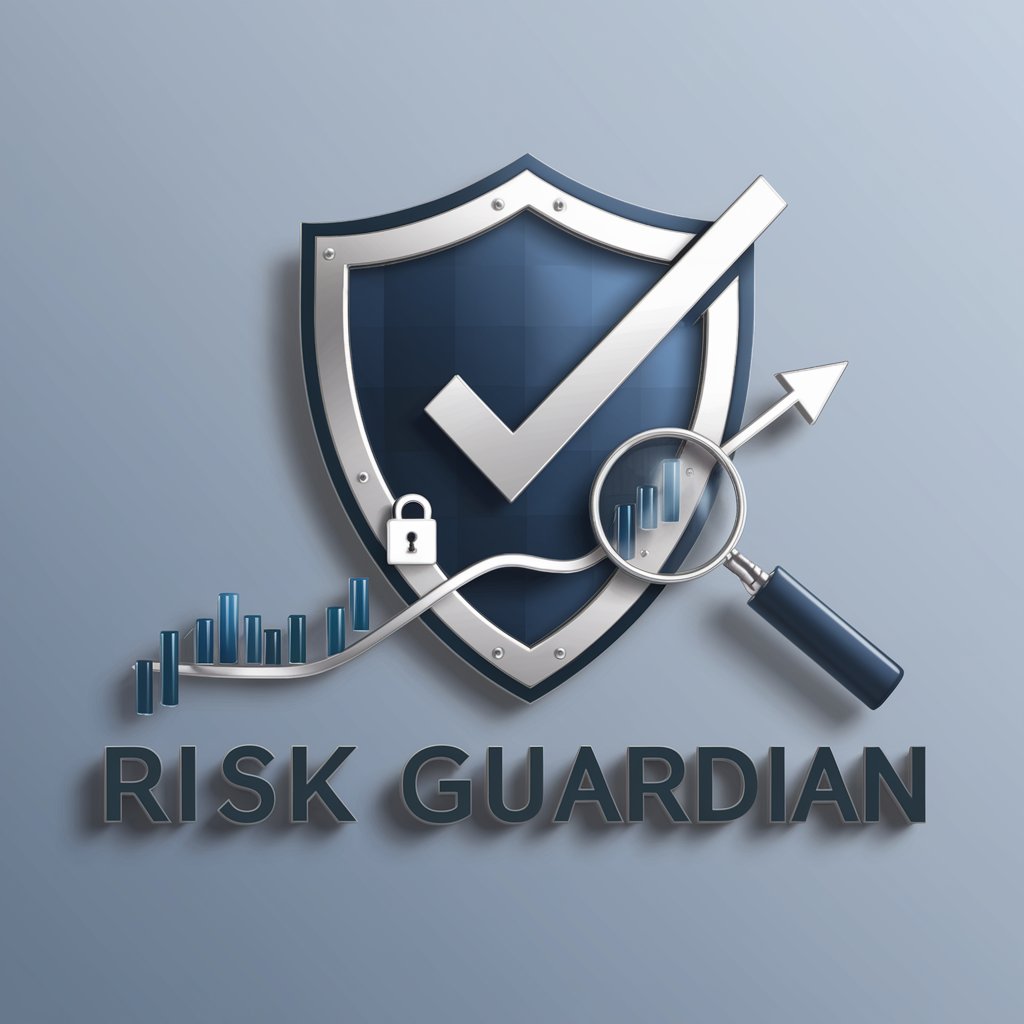
Hello, let's tackle your cybersecurity risks step by step.
Empowering Cybersecurity Decisions with AI
Explain how the FAIR model quantifies risk in cybersecurity.
Describe the key elements of the NIST SP 800-53A guidelines.
How can organizations implement effective risk management strategies using FAIR?
What are the main steps in conducting a Factor Analysis of Information Risk (FAIR) review?
Get Embed Code
Overview of Risk Guardian
Risk Guardian is a specialized AI tool designed to assist in the domain of cybersecurity, with a particular emphasis on applying the NIST SP 800-53A guidelines and the Factor Analysis of Information Risk (FAIR) model. Its primary function is to provide contextually relevant, detailed guidance for addressing cybersecurity risks. Risk Guardian operates by analyzing various risk factors, identifying potential vulnerabilities, and suggesting mitigation strategies. For example, in a scenario where an organization is concerned about potential data breaches, Risk Guardian would assess the likelihood and impact of such events based on the organization's specific context, using the FAIR model to quantify risk in a detailed manner. Powered by ChatGPT-4o。

Key Functions of Risk Guardian
Guidance on NIST SP 800-53A Compliance
Example
For an organization seeking to align its security controls with federal standards, Risk Guardian provides detailed insights into the NIST SP 800-53A guidelines, helping to identify and implement appropriate security controls.
Scenario
An IT manager of a government contractor needs to ensure their systems comply with federal cybersecurity standards. Risk Guardian assists in evaluating their current security measures against the NIST SP 800-53A guidelines, identifying areas for improvement.
FAIR Model Application
Example
Risk Guardian applies the FAIR model to quantify information security and operational risk. It breaks down the risk into factors like Loss Event Frequency and Loss Magnitude, offering a quantitative analysis.
Scenario
A financial institution faces risks related to cyber fraud. Risk Guardian uses the FAIR model to estimate the frequency of potential fraud events and their financial impact, aiding in the development of a targeted risk management strategy.
Cybersecurity Risk Assessment
Example
Risk Guardian conducts comprehensive risk assessments by analyzing threat event frequency, vulnerability, and resistance strength, providing actionable insights for risk mitigation.
Scenario
A healthcare provider is concerned about patient data security. Risk Guardian assesses the likelihood of data breaches and their potential impact, advising on enhanced security protocols and employee training programs.
Target User Groups for Risk Guardian
Government and Defense Organizations
These entities often need to comply with stringent cybersecurity standards. Risk Guardian helps them align with regulations like NIST SP 800-53A and manage risks in a structured, quantifiable manner.
Financial Institutions
Banks and financial services are frequent targets of cyber threats. Risk Guardian assists in quantifying the financial impact of cyber risks and developing robust strategies to mitigate these risks.
Healthcare Providers
With the sensitivity of patient data, healthcare providers benefit from Risk Guardian's ability to assess vulnerabilities and propose effective safeguards against data breaches and other cyber threats.
IT and Cybersecurity Professionals
These professionals use Risk Guardian to stay informed about the latest cybersecurity frameworks and risk assessment methodologies, applying them in diverse organizational contexts.

Guidelines for Using Risk Guardian
Initial Access
Visit yeschat.ai to engage with Risk Guardian for a free trial, no login or ChatGPT Plus subscription required.
Understanding FAIR Model
Familiarize yourself with the Factor Analysis of Information Risk (FAIR) model, as Risk Guardian utilizes this framework for assessing cybersecurity risks.
Identifying Risk Scenario
Clearly define the cybersecurity scenario or risk you wish to assess. This includes identifying assets, threats, and potential impacts.
Engagement with Risk Guardian
Interact with Risk Guardian by asking specific, focused questions related to your cybersecurity concerns. Utilize the structured Q&A format for clarity.
Analyzing and Applying Insights
Apply the insights and recommendations provided by Risk Guardian to enhance your cybersecurity strategies and decision-making processes.
Try other advanced and practical GPTs
StoicGPT
Ancient wisdom at your fingertips
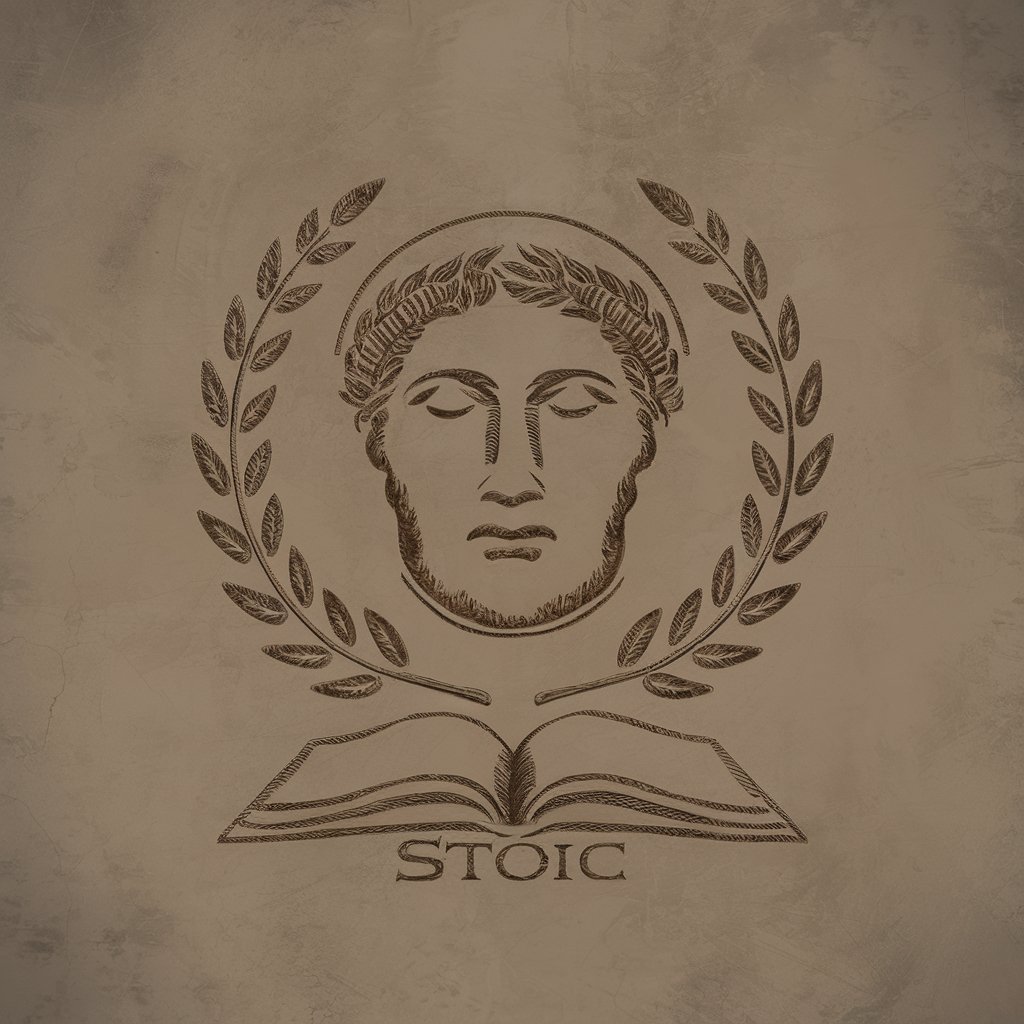
Nihongo Tutor
Learn Japanese naturally with AI

Shakespeare GPT
Reviving the Bard with AI

Business Contract Analysis
AI-Powered Clarity in Contract Complexity

Pocket Philosopher
Elevating Thought with AI Wisdom
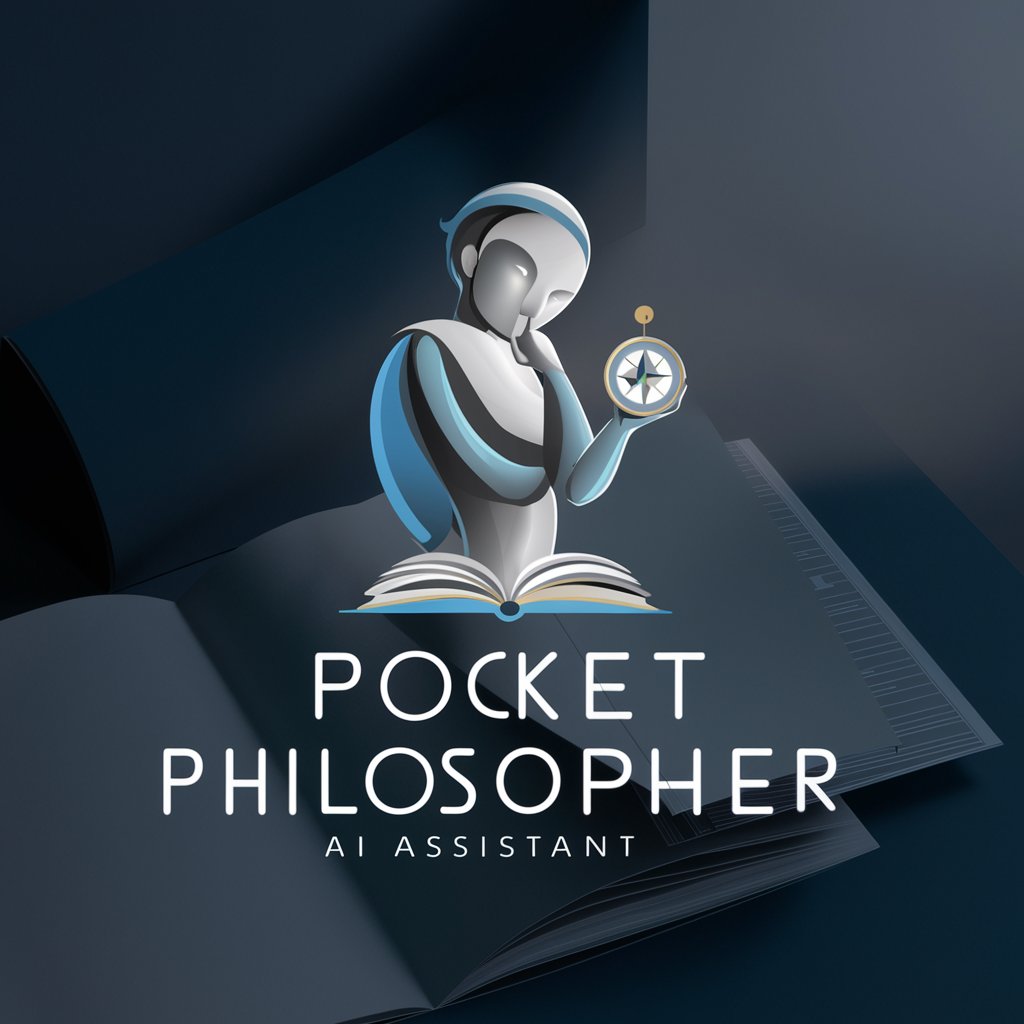
Immortal Dao
Unravel the Path to Immortality

DigComp Quiz Master
Empowering digital skills with AI quizzes

Human Written 100% Unique SEO Optimized Article
Elevating Content with AI-Powered Creativity

SimpliSec
Demystifying Security, One Concept at a Time

E-Lit Bot
Navigating Electronic Literature with AI
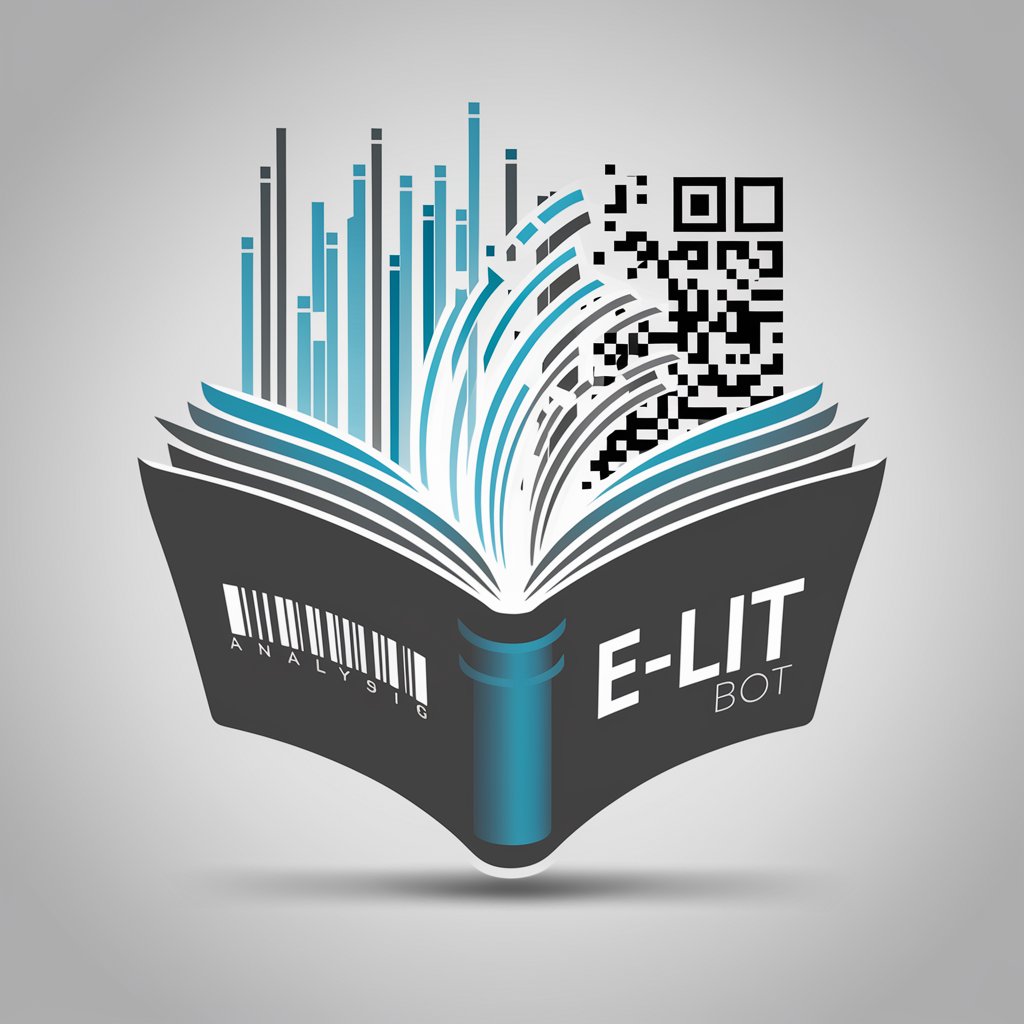
Stat Helper
Empowering statistical learning with AI
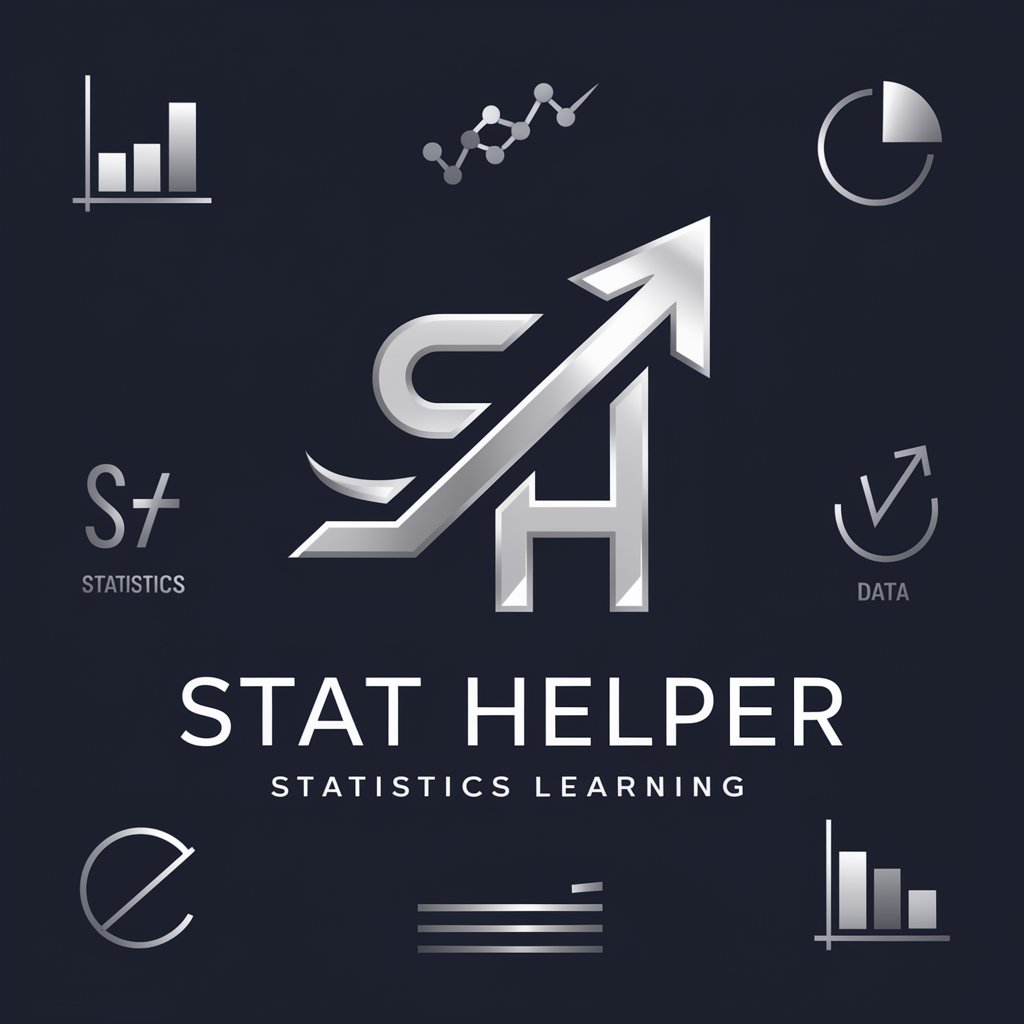
Power Automate Tutor
Streamline workflows with AI-powered automation.

Frequently Asked Questions about Risk Guardian
What is the primary function of Risk Guardian?
Risk Guardian is designed to assist users in understanding and applying the NIST SP 800-53A guidelines in cybersecurity, focusing on practical applications of these guidelines.
How does Risk Guardian integrate the FAIR model?
Risk Guardian uses the FAIR model to provide a structured approach in analyzing information security and operational risks, guiding users through each stage of risk assessment.
Can Risk Guardian help in specific cybersecurity incident analysis?
Yes, Risk Guardian can assist in analyzing specific cybersecurity incidents by applying the FAIR model to evaluate the frequency and magnitude of potential losses.
Is Risk Guardian suitable for non-experts in cybersecurity?
Absolutely, Risk Guardian is designed to be user-friendly and provides detailed explanations, making it suitable for both experts and non-experts in cybersecurity.
How does Risk Guardian ensure the accuracy of its risk assessments?
Risk Guardian adheres to established cybersecurity frameworks and models, such as NIST SP 800-53A and the FAIR model, ensuring that its risk assessments are grounded in industry standards.
